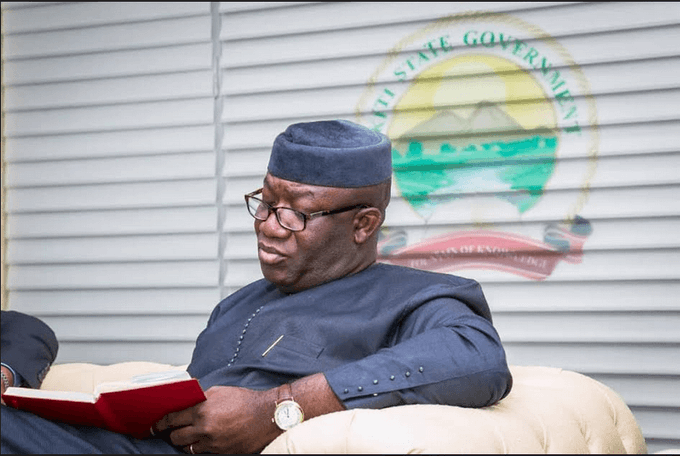As Nigeria marked Democracy Day, former Ekiti State Governor, Dr. Kayode Fayemi, expressed disappointment over the omission of Radio Kudirat operators from the list of national honours conferred by President Bola Tinubu.
Speaking during a special Channels Television programme titled “Nigeria’s Democratic Journey: An Inter-Generational Conversation on Building a Better Nation,” Fayemi reflected on the country’s democratic evolution, noting that while Nigeria returned to civilian rule in 1999, it has yet to achieve full democracy.
“What we mustn’t do is conflate elections with democracy,” Fayemi said. “What we got in 1999 was the restoration of the right to vote for our leaders. But in my view, we are still on the journey—we now have a semi-democracy, not full democracy.”
He acknowledged the contributions of previous and current leaders to democratic development but stressed that more needs to be done to deepen democratic practices and institutions.
Fayemi, who served as Minister of Mines and Steel Development and was a key figure in the pro-democracy struggle against military rule, recounted his involvement in operating Radio Kudirat, a clandestine station that broadcast anti-regime messages during the era of late military ruler, General Sani Abacha.
He emphasized the risks he and his colleagues faced during that time, describing how they smuggled transmitters and operated the station under the constant threat of arrest or assassination.
“I carried the transmitters of Radio Kudirat on an Air France flight that was destined for Cotonou but diverted to Lagos during the height of the crisis,” he recalled. “I could have been picked up and become history—like many who never returned.”
Reflecting on the courage of those involved, Fayemi said their actions were not born out of recklessness but a deep conviction to fight for justice and democratic freedoms.
“It’s not that we were fearless or aimlessly bold—we just didn’t fully comprehend the enormity of what we were up against. Some of us are simply fortunate to be alive today. Those who lost their lives weren’t reckless; they followed their convictions,” he said.
Crédito: Link de origem


